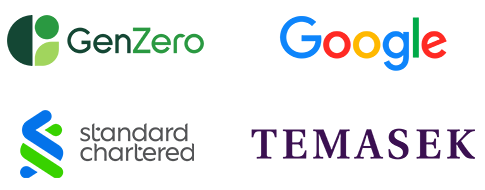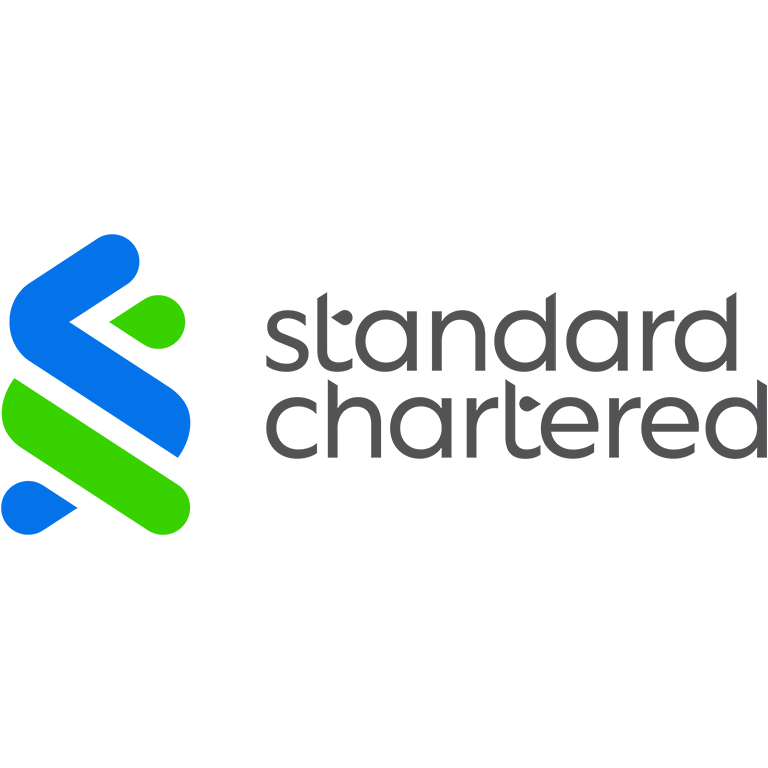Report

Southeast Asia (SEA) stands at a pivotal moment in its green transition. Over the past decade, ambition has soared, awareness has grown, and actions have begun, yet the results remain uneven. And with just five years left until 2030, SEA is not on track to meet its climate pledges and new pathways for change are needed.
Written in collaboration with
Written in collaboration with

Recent trade and economic uncertainty create an opportunity for SEA to accelerate its green transition by increasing energy security, presenting investable opportunities, and opening the door to build on more regional collaboration.
This report explores how SEA can move into the next chapter of its green transition—one where decarbonization unlocks value through economic competitiveness, job growth, and long-term energy security.
In this report, we call for a systems-based approach to solve interconnected challenges across power, transport, and land use. To make the report actionable for leaders, we also identify three high-impact solutions:
- Scaling the sustainable bioeconomy. The global bioeconomy is projected to reach US$30 trillion by 2050, with SEA positioned to capture a significant share due to its rich biodiversity and agricultural base. The bioeconomy generates significant economic value, 25%–30% of its jobs—and 30% of its emissions.
- Modernizing domestic and regional grids. The region’s power grid is not equipped for renewable energy and requires significant government intervention and investment to become fit for the future. However, modernizing and expanding the power grid would pay off, generating approximately 200,000 jobs in 2030 and $25 billion in GDP contributions.
- Accelerating the electric vehicle (EV) ecosystem. In SEA, internal combustion engine (ICE) vehicles account for more than 80% of vehicles produced, creating economic risk as demand for EVs grows. The region could follow a dual strategy building both production and adoption, leveraging regional synergies to build supply chains and decarbonize transport. By prioritizing these solutions, SEA could create $120 billion in new economic value and generate up to 900,000 jobs in 2030—while significantly shrinking the gap between the region’s current emissions trajectory and its 2030 climate ambitions.
This report also highlights the urgent need for enabling solutions, such as expanding access to climate and transition finance, scaling carbon markets, and harnessing green artificial intelligence (AI). It also introduces a new lens compared to years past: the potential for collaboration between SEA and the wider Asia-Pacific region. Working together, we can amplify the region’s impact and ultimately unlock the full potential of the green economy.

About GenZero
GenZero is an investment platform company focused on accelerating decarbonisation globally. Founded by Temasek, we seek to deliver positive climate impact alongside long-term sustainable financial returns by investing in opportunities with the potential to be nurtured into impactful and scalable solutions. Driven by a common purpose to decarbonise for future generations, we recognise the need for a holistic and integrated approach to achieve a net zero world. At GenZero, we adopt a flexible investment approach across three focus areas to drive climate impact: (i) nature-based solutions that help protect and restore our natural ecosystems while benefiting local communities and biodiversity; (ii) technology-based solutions that deliver deep decarbonisation impact; and (iii) carbon ecosystem enablers which refer to companies and solutions that support the development of an effective, efficient, and credible carbon ecosystem. For more information on GenZero, visit www.genzero.co.

About Google
Google's mission is to organize the world's information and make it universally accessible and useful. Through products and platforms like Search, Maps, Gmail, Android, Google Play, Google Cloud, Chrome and YouTube, Google plays a meaningful role in the daily lives of billions of people and has become one of the most widely-known companies in the world. Google is a subsidiary of Alphabet Inc.

About Standard Chartered
Standard Chartered is a leading international banking group, with a presence in 53 of the world’s most dynamic markets and the only international bank present in all 10 ASEAN markets. Our purpose is to drive commerce and prosperity through our unique diversity, and our heritage and values are expressed in our brand promise, here for good. We are committed to accelerating the transition to net zero and supporting sustainable economic and social development through our business, operations and communities. The Bank has the financial expertise, governance frameworks, technology and geographical reach to unlock and direct sustainable finance to where it is needed most.

About Temasek
Temasek is a global investment company with a net portfolio value of S$389 billion (US$288b) as at 31 March 2024. Our Purpose “So Every Generation Prospers” guides us to make a difference for today’s and future generations. Operating on commercial principles, we seek to deliver sustainable returns over the long term. As Temasek's key platform for global engagement and advocacy around sustainability, Ecosperity brings together leaders across the private and public sectors, academia and civil society to exchange views, share best practices and push the agenda on sustainable development. Twinning ecology and prosperity, the word Ecosperity reflects Temasek's belief that doing good and doing well can – and must – go together. For more information on Temasek, visit www.temasek.com.sg For more information on Ecosperity, visit www.ecosperity.sg